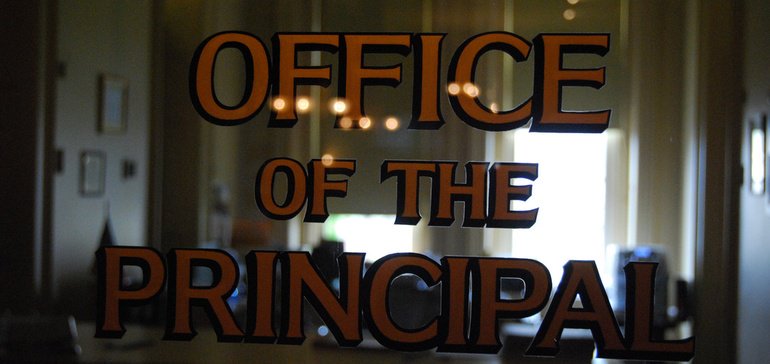By: Paul O’Neill and Stephanie Lancet
Last week, a federal judge in Brooklyn issued an order that advanced a discrimination and retaliation lawsuit filed in 2015 against Success Academy, a high-achieving charter school network in New York, by former students and their parents (the plaintiffs). In the lawsuit, the plaintiffs allege that the Principal of Success Academy’s Fort Greene campus placed 16 students — some as young as 4 years old — on a “Got to Go” list because of disruptive behavior.
The suit focuses on 5 of those students, all of whom either have or were perceived to have disabilities. The plaintiffs argue that the principal “deliberately targeted their children for removal” from the school because of their “actual or perceived disabilities.” They allege that their children were subjected to a variety of discriminatory discipline practices and attempts to push them out of the school.
Disconcerting and problematic, this case is, on one level, a microcosm for the public education sector at large: A recent report by The Center for Learner Equity found that students with disabilities continue to be disciplined roughly twice as often as their peers without disabilities. Another study by the Center for American Progress found that children ages 3 to 5 with disabilities and/or emotional and social challenges comprise 12% of early childhood program populations — and 75% of suspensions and expulsions.
These statistics, and more like them from the US Government Accountability Office and the U.S. Department of Education’s Civil Rights Data Collection, serve as a peephole into one of the most heated current issues in education: disproportionate discipline of students with disabilities.
Continue reading the rest of the article here.

Comments are closed.